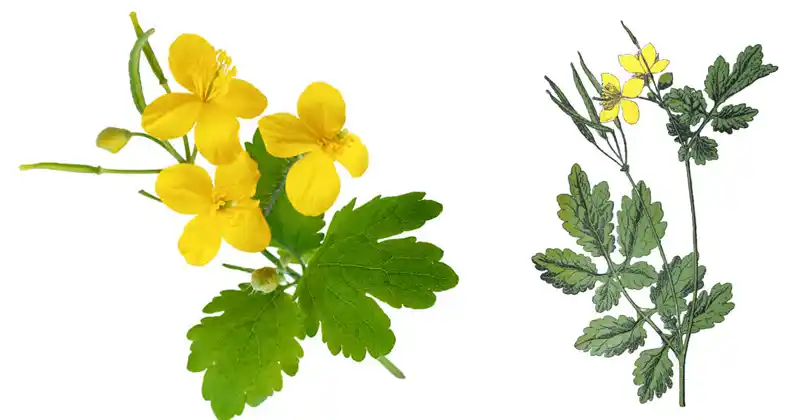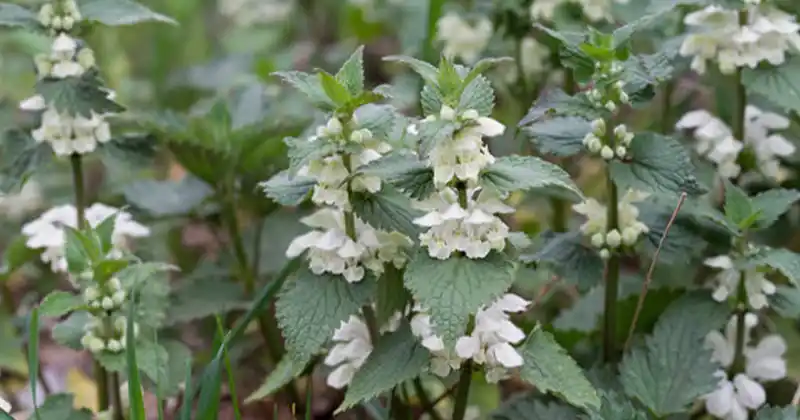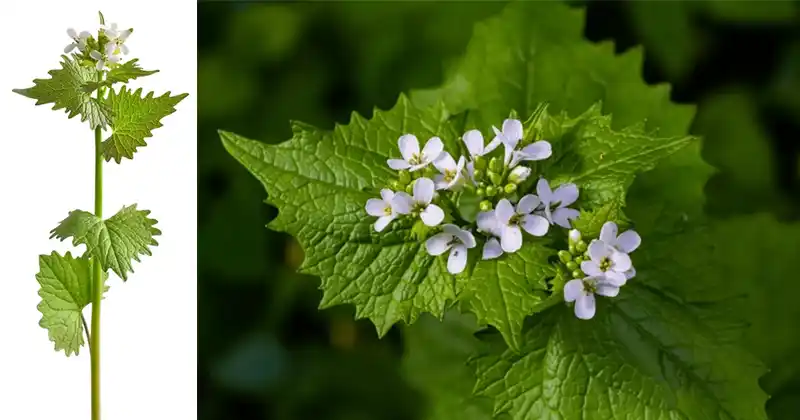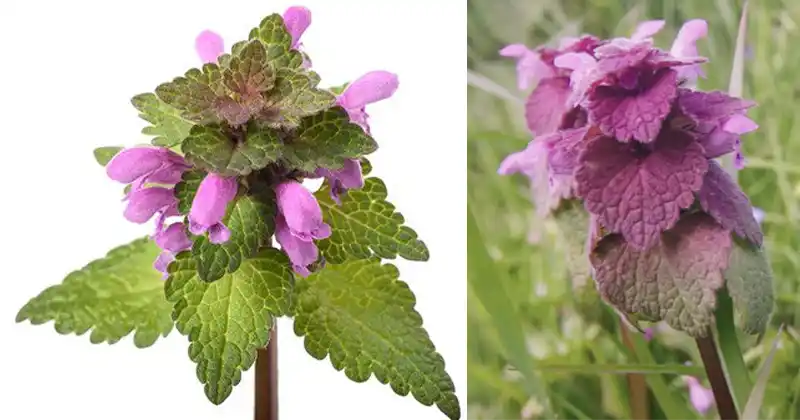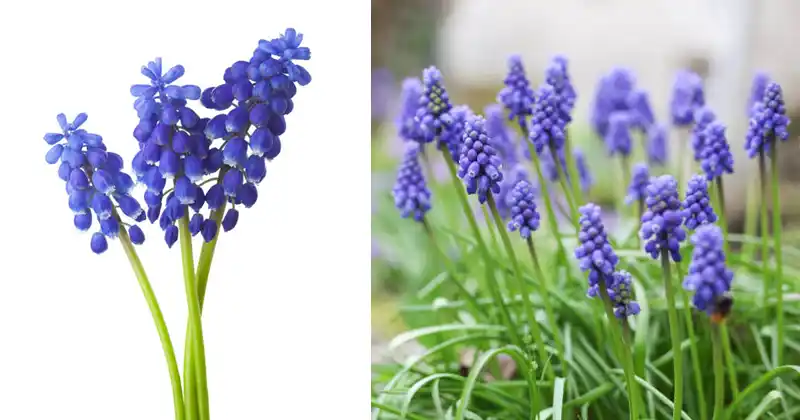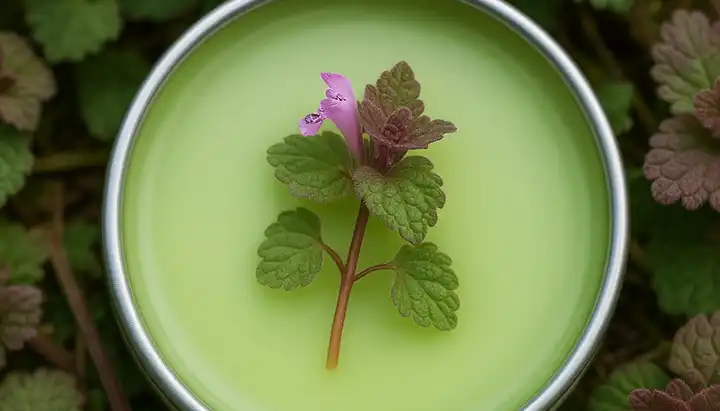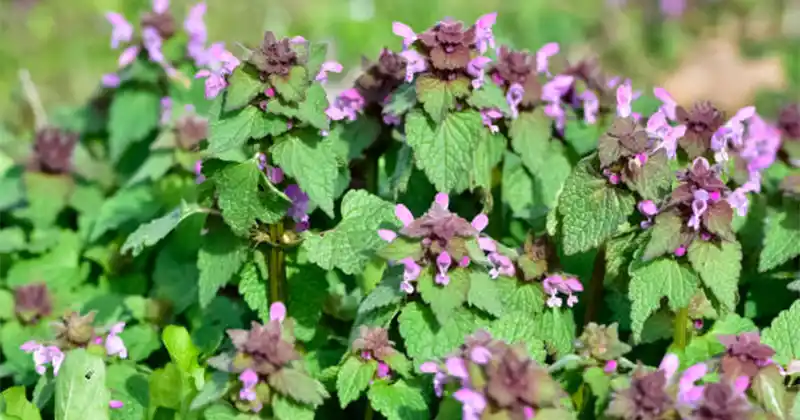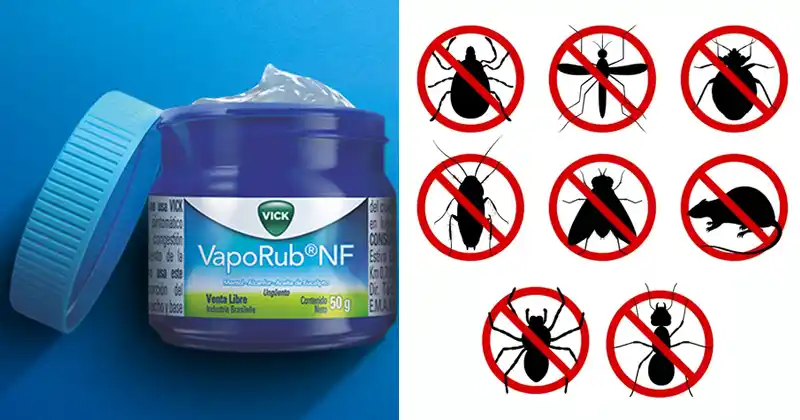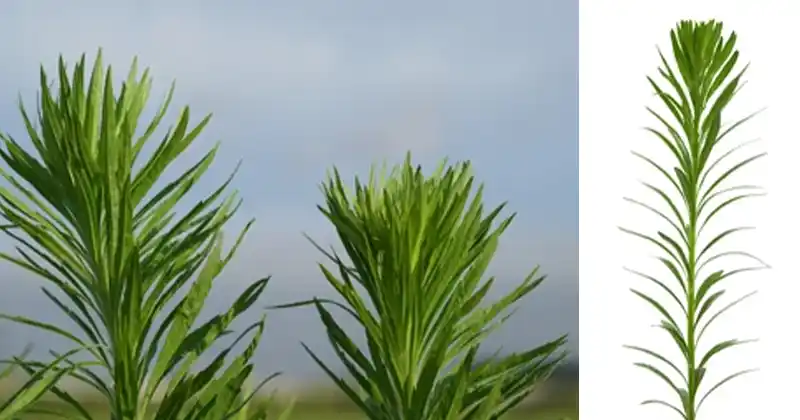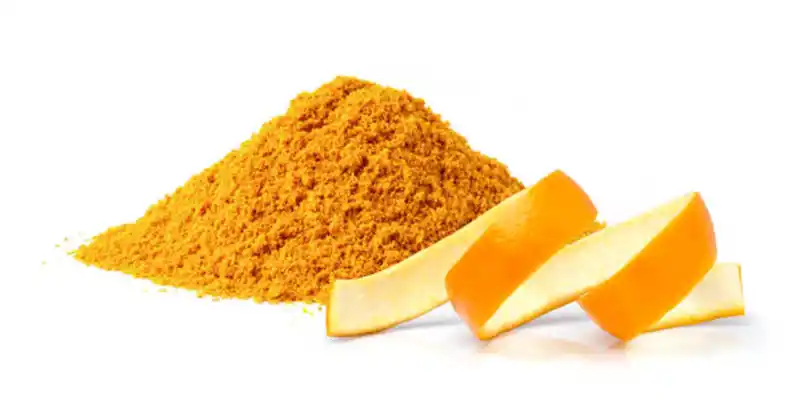The Datura Genus: Why You Should Keep Your Distance from These Toxic Plants
The Datura genus is famed for its striking yet perilous plants, often called Devil’s Trumpet or Thorn Apple. Despite their alluring appearance, these plants are extremely toxic and pose a severe threat to human and animal health. Below, we explore the Datura genus, its common species, and the dangers associated with these poisonous plants.
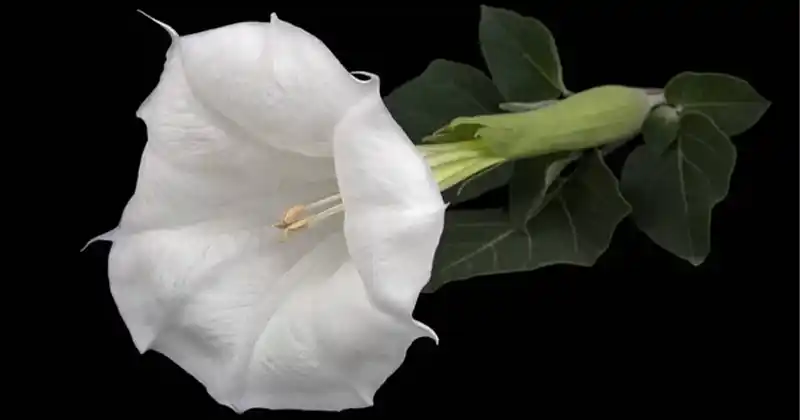
What Is the Datura Genus?
Part of the Solanaceae family, also known as the nightshade family, the Datura genus includes plants native to the Americas that have now spread worldwide. They thrive in disturbed soils, roadsides, and gardens, where they are sometimes mistakenly cultivated for their ornamental appeal.
Identified by their large, trumpet-shaped flowers in shades of white, purple, or yellow, and spiny seed pods, all species within this genus are extremely poisonous. Learn more about their risks in this article on Datura Stramonium.
Common Species of Datura
1. Datura stramonium (Jimsonweed or Thorn Apple)
- Recognized for its white or purple trumpet-shaped flowers and spiky seed pods.
- Known for its hallucinogenic properties, though even small amounts can lead to severe poisoning.
- Learn more about Datura Stramonium’s impact in this in-depth article.
2. Datura metel (Horn of Plenty)
- Features large, showy flowers in white, yellow, or purple.
- Cultivated for its ornamental value but equally as toxic as other species.
- Traditionally used in Ayurvedic medicine, though misuse can be highly dangerous.
3. Datura inoxia (Moonflower)
- Distinguished by its fragrant, white, night-blooming flowers.
- Often confused with the harmless Moonflower vine, causing accidental poisoning.
- Seeds and flowers are particularly rich in toxic alkaloids.
4. Datura ferox (Long-spined Thorn Apple)
- Identified by its larger, spiny seed pods compared to other species.
- Among the most toxic species due to its high concentration of harmful alkaloids.
The Dangerous Alkaloids in Datura

All species of Datura contain potent tropane alkaloids, including:
- Atropine
- Scopolamine
- Hyoscyamine
These substances disrupt the central nervous system, causing severe, life-threatening symptoms. Even minor exposure can lead to poisoning, emphasizing the need for caution.
Symptoms of Datura Poisoning
Datura poisoning can occur through ingestion, inhalation, or skin contact. Key symptoms include:
- Hallucinations and Delirium: Often vivid and frightening, hallucinations are a hallmark of Datura poisoning.
- Dilated Pupils and Blurred Vision: Toxic compounds cause light sensitivity and impaired vision.
- Dry Mouth and Difficulty Swallowing: A classic sign of atropine poisoning.
- Increased Heart Rate and Blood Pressure: These effects can lead to dangerous cardiovascular complications.
- Seizures and Coma: In severe cases, poisoning may result in respiratory failure, coma, or death.
Why You Should Avoid Datura
Extremely Toxic, Even in Small Doses
Ingesting a few seeds or small parts of the plant can trigger severe symptoms, making accidental poisoning a significant risk.
Unpredictable Effects
The concentration of toxic alkaloids varies across plants, making their effects unpredictable and dangerous.
Risk to Pets and Livestock
Datura is toxic to animals, including dogs, cats, and livestock, and ingestion can be fatal. Protect your pets by identifying and removing toxic plants. For tips on managing toxic plants in your garden, read this guide on Coniummaculatum.
Safety Tips: Protect Yourself and Others
- Avoid Touching or Handling Datura Plants: Even handling them can cause exposure to toxic compounds through the skin.
- Keep Datura Away from Children and Pets: The plant’s colorful flowers and seed pods may attract curiosity, but they are lethal.
- Wear Gloves When Gardening: If removal is necessary, wear protective clothing and gloves.
- Educate Others: Share information about the plant’s dangers to help others avoid accidental contact.
Datura plants may captivate with their beauty, but their toxicity and unpredictable effects make them highly dangerous. If you encounter Datura, leave it untouched and spread awareness about its risks. For more information on toxic plants and their safe removal, check out this resource.

Disclaimer: This article is for informational purposes only and should not replace medical advice. If you suspect Datura poisoning, seek emergency medical help immediately.

